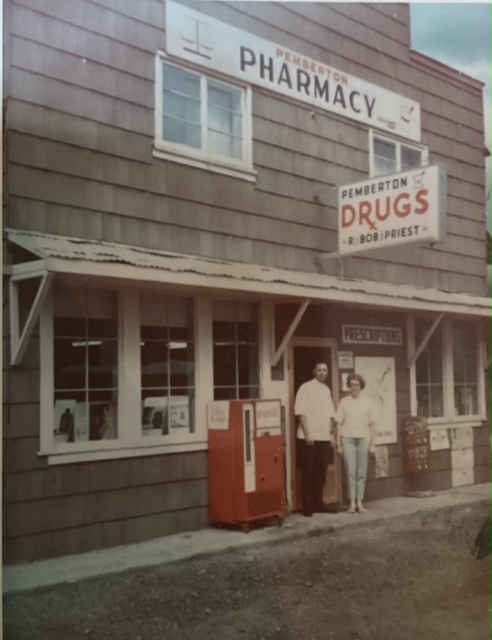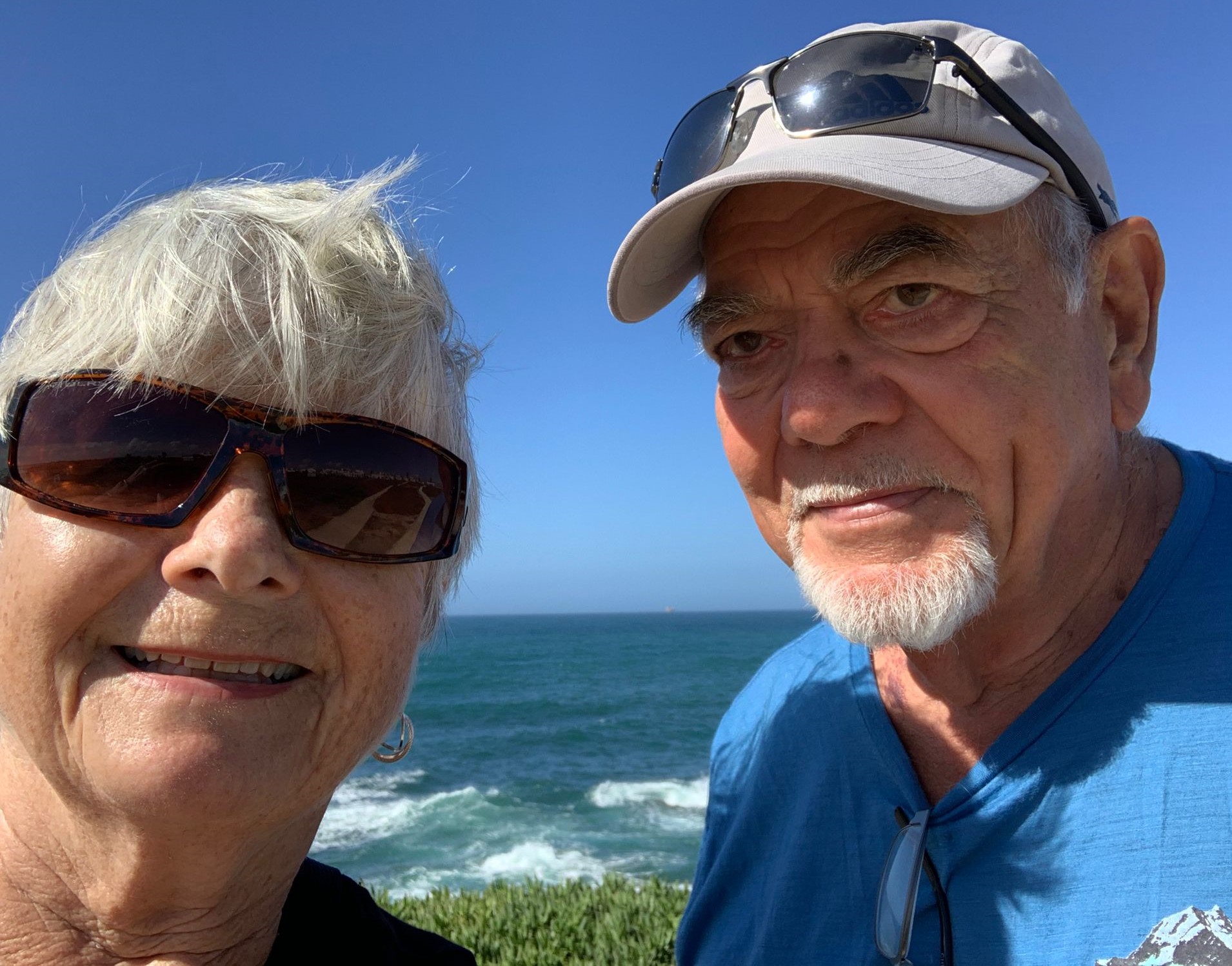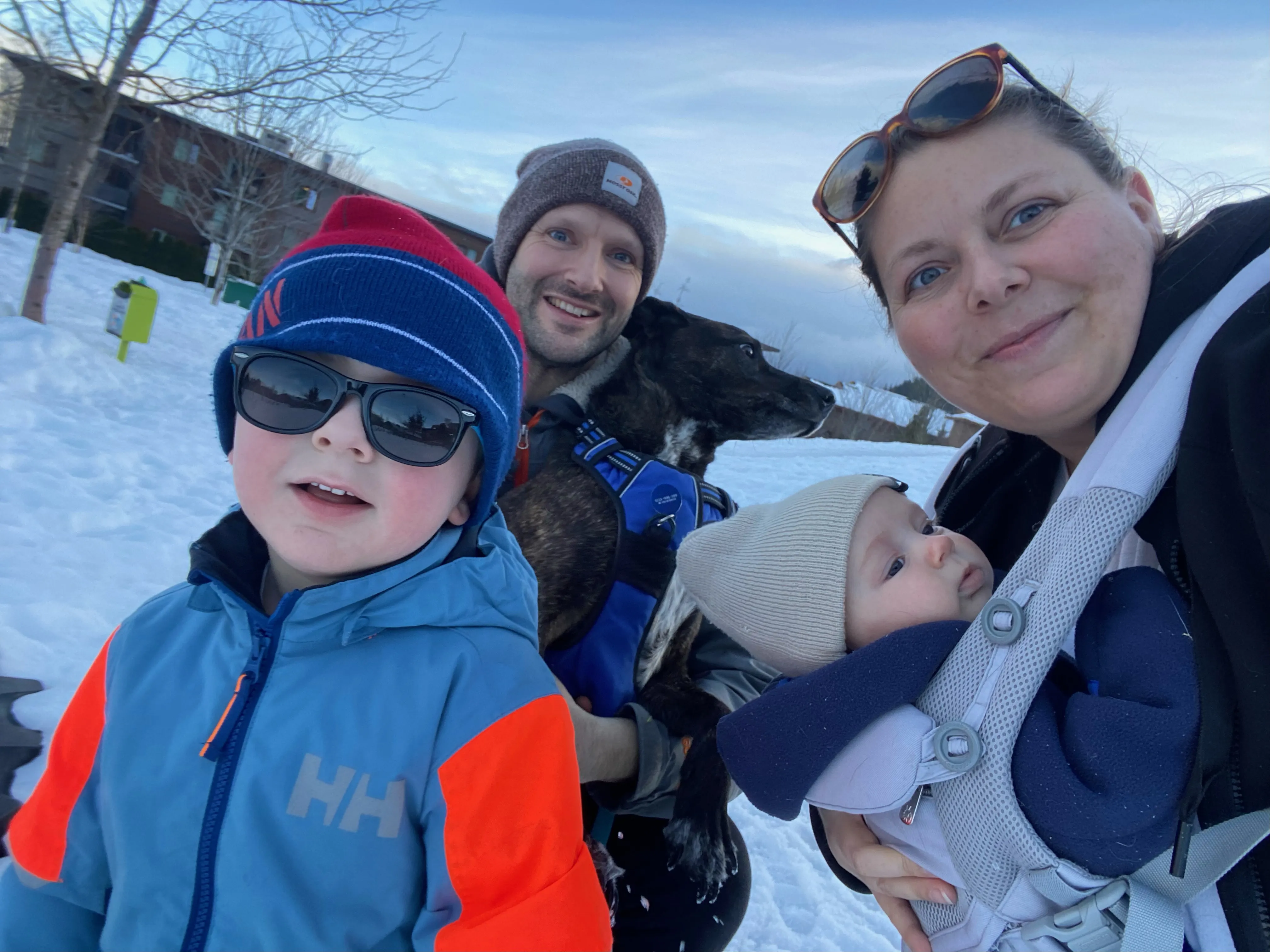STORIES

Linda Welsh

Judith Walton

Kayla Cameron

Lorne Warburton
Lorne had always been a healthy guy. Even entering his 50s, he had long kept physically fit.
In mid-March 2023, Lorne started to feel sick—body aches, low energy, and headaches—but he thought nothing much of it other than perhaps it was COVID-19. He tested for that a couple of times, but it was negative. After a few days, he moved on and went on vacation with his family to Mexico.
“It just, it felt normal, really,” said Lorne. “Then we got home and got back to normal, everyday life. And then the body aches and pains came back.”
Lorne can recall waking up that fateful Saturday in March, barely able to move and breathe and completely drenched in sweat. He had his wife, Anna, immediately drive to their local clinic in Pemberton, B.C., where he experienced one of the most harrowing experiences someone can have.
Lorne had entered the Pemberton Clinic already in septic shock. His organs were starting to fail. His oxygen levels were life-threateningly low. And no one could exactly explain why.
Thankfully, the team at Pemberton Clinic knew what steps to take for someone in Lorne’s state, thanks to protocols Dr. Sweet helped establish. He was immediately flown to another hospital for treatment unavailable at a local clinic. Here, Lorne went into cardiac arrest for 11 minutes. The team followed the next steps on the protocol and decided Lorne needed more help for his complex condition, specifically the donor-funded ECMO—a vital heart and lung machine—and skills only available at VGH.
Read more of Lorne’s VGH/UBC story here
Surviving Hantavirus | Lorne’s Story | VGH & UBC Hospital Foundation
SUCCESS STORIES
- $28,000 towards a CT scanner for the Whistler Health Care Centre.
- $59,317 towards an ultrasound transducer for the Pemberton Health Care Centre.
- $10,000 to the Sea to Sky Hospice Society.
- $39,357 towards a ventilator for the Pemberton Health Care Centre.
